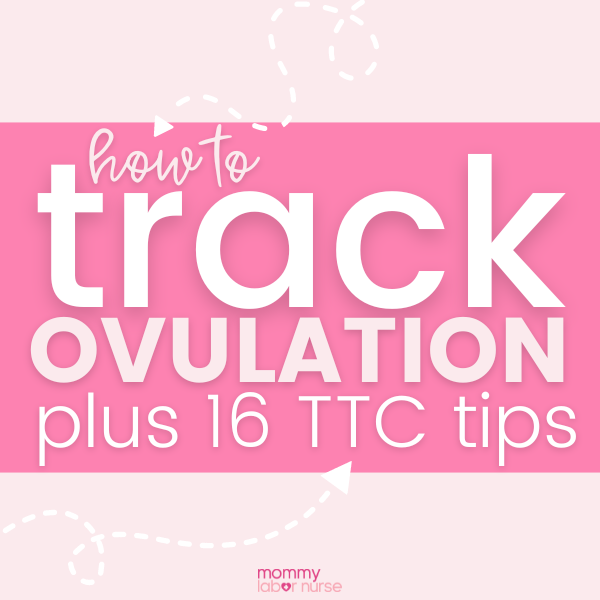PREGNANCY DUE DATE CALCULATOR
Calculating Your Expected Due Date
Curious to know your due date? We’ve got you, mama!
Due Date Calculator
Your baby is likely to be born on or around*
*Only your physician can accurately determine your due date or the date of your conception based on his/her knowledge of your complete medical condition.
How is my pregnancy due date calculated?
First day of last period
Using the first day of your last period to calculate your due date is definitely the most common method because you can do it right from home. To do this, simply add 40 weeks to the first day of your last menstrual period (LMP).
There are 280 days in 40 weeks – meaning that you can add 280 days to the first day of your last missed period date to calculate your due date!
- LMP + 280 days = your due date
The problem with using this method is that some women have irregular menstrual cycles, don’t ovulate at the expected point in their cycle, or have other irregularities. This is why we don’t usually use this method alone to figure out your official expected due date.
Date of conception
Most women don’t know the exact date of conception, but if you do know because you were closely tracking ovulation, then you can use this to calculate your pregnancy due date!
To do this, add 266 days from your conception date to get your expected due date.
- Conception date + 266 days = your due date
IVF transfer date
If your pregnancy was a result of in vitro fertilization or any other kind of assisted reproductive technology (ART), then the estimated date of delivery (EDD) should be assigned using embryo age and transfer date.
- Day 3 embryo transfer: Transfer date + 263 days = your due date
- Day 5 embryo transfer: Transfer date + 261 days = your due date
Dating ultrasound
A first trimester ultrasound (up to 13 weeks and 6 days) is the most accurate way to establish or confirm your pregnancy due date.
In a dating scan, the ultrasound technician will use the size of your baby to determine their gestational age – specifically their crown-rump length. This is the gold standard for due date calculation according the The American College of Obstetricians and Gynecologists.
It’s important to note that beyond weeks 13 + 6, baby’s size on ultrasound is no longer a reliable way to estimate due date.
What if I don’t know the date of my last period?
If you don’t know the first day of your last missed period, have irregular cycle lengths, or have some other irregularity, your provider will likely do a dating scan to figure out baby’s gestational age and your due date.
Can my due date change?
Your due date will usually only change if the estimated due date from a first trimester ultrasound is more than 7 days different than the EDD based on the first day of your last missed period.
How accurate are due dates?
According to birth data put out by the CDC in 2017:
- 10% of babies were born before 37 weeks
- 26% were born in weeks 37-38
- 57% were born in weeks 39-40
- 6% in week 41
- Less than 1% at week 42+
Fun fact: In 1997 the percentage of births at 42+ weeks was 57%!!
That’s probably for a few reasons: dating ultrasounds weren’t as good, which meant less accurate due dates, and the rates of inductions and schedule/elective C-sections are far higher these days.

When to take a pregnancy test?
Pregnancy tests are over 99% accurate if you wait until the day after your expected period. So ideally, you should take a pregnancy test the day after your missed period.
But girl, I know that it can be really hard to wait that long! Especially with so many tests on the market claiming results up to 5 days before your missed period.
It’s important to remember that the presence of human chorionic gonadotropin (hCG) is what pregnancy tests are measuring for, and that hCG production doesn’t begin until after implantation.
One thing to keep in mind is that as the days until your missed period decrease, your likelihood of an early postive pregnancy test increase. This is because the hormone hCG roughly doubles in your body every two days.

When does implantation occur?
As you may know, understanding your cycle and learning how to track ovulation are key when you are trying to conceive.
This is because throughout any given cycle you have a fertile window of about 5 days. The days leading up to ovulation are when you want to try to get pregnant and hope the sperm meets the egg.
Once this occurs, the fertilized egg will take a few days to make its way towards the lining of your uterus for implantation. There is a wide range of normal here, but most sources say it takes anywhere from 3-7 days for implantation to occur.
Once your egg implants, hCG production begins, which is what triggers a positive pregnancy test. HCG is the hormone that is largerly responsible for many first trimester pregnancy symptoms as well.
In other words, it’s impossible for a pregnancy test to be positive until implantation occurs, which is 3 to 7 days past ovulation. And then, hCG needs to rise high enough to meet the threshold for a positive test!
So, when should I take a pregnancy test?
I recommend trying your hardest to wait until your expected period, but if you want to test sooner, don’t go more than 3 days early!
Testing earlier than that *may* give you a positive – it’s certainly not impossible – but most likely it’s just going to lead to needing to test again if and when you do miss your period.
I know that’s easier said than done, so if you already know you’re gonna test frequently, get a big pack of those cheap home pregnancy strips, mama!


.png)